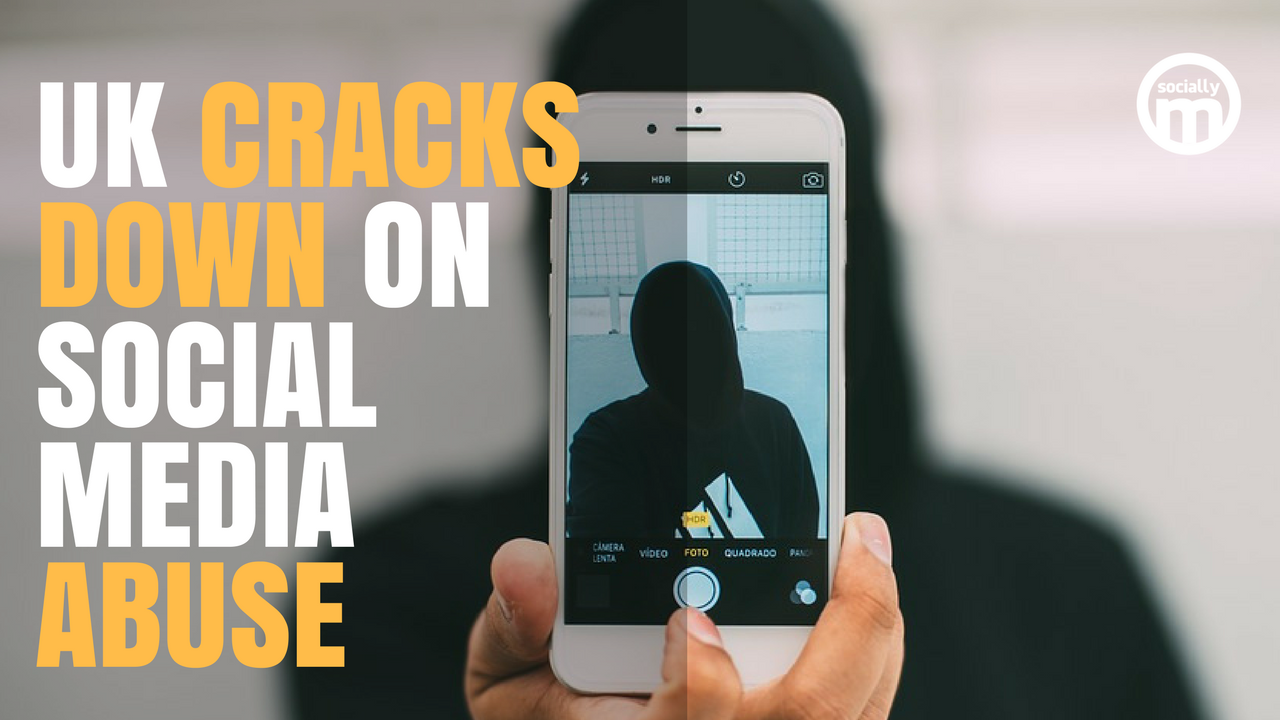Hate crime is any criminal offence "which is perceived by the victim or any other person to be motivated by a hostility or prejudice". The difficulty is working out where the line is drawn between that and words that are simply offensive. Whilst this has long been a bone of contention for law makers and law enforcers in the UK, the advent of social media has added a further dimension to the issue over recent years. The threshold for prosecuting online hate crime is very high, and the investigative process is often too slow and cumbersome to respond to the fast-moving online world.
To remedy this, the new stance from the CPS announced today is that online hate crimes should be treated just as seriously as abuse committed face-to-face. In pyschological terms, they have ruled that the impact of abusive tweeting or posting is equally as devastating to the victim to any offline abuse and it's time that the law reflected this. The majority of reported online abuse is usually an offence motivated by hostility or prejudice, including racism, sexism or homophobia. In recent years, the internet and particularly social media, has been responsible for providing new platforms to facilitate abuse. The anonymity or distance the online world allows, has also allowed the creation of a culture of abuse, where anyone has the opportunity to send messages to anyone else, including people in the public eye, with little fear of recrimination. Something that is clearly set to change under these new guidelines. Director of Public Prosecutions, Alison Saunders said today that recent events in the US, where white nationalists clashed with counter-protesters in Charlottesville, showed what online abuse can lead to. "Whether shouted in their face on the street, daubed on their wall or tweeted into their living room, the impact of hateful abuse on a victim can be equally devastating," she said. In December 2014, Scotland's Crown Office issued similar prosecution guidance, saying "if it would be illegal to say it on the street, it is illegal to say it online". The CPS says it has set out more clearly what victims and witnesses should expect from the law. The new legal guidance and accompanying public statements in the UK press from the CPS, guide prosecutors on how to charge suspects of offences clearly motivated by hostility towards people of different races, religions, sexuality, gender and disability. It also sets out harsher punishments for those who constantly abuse others online or threaten their safety, families or lives. As I have already said, this is a welcome move by the CPS and represents a greater shift towards our online responsibility and making sure that users are protected when using social media and the internet as a whole. As more work is done on the psychology behind human motivation for online abuse, at the very least this should serve to separate fairly harmless trolls from serious abusers who should be held accountable for their actions.
1 Comment
|
Archives
October 2023
|


 RSS Feed
RSS Feed
